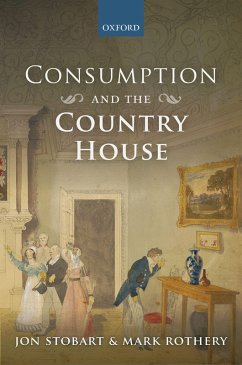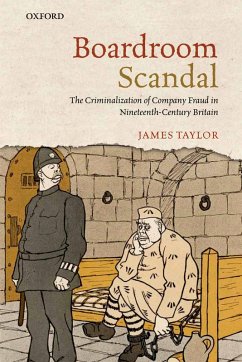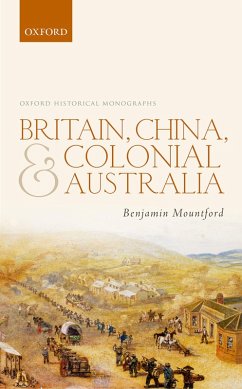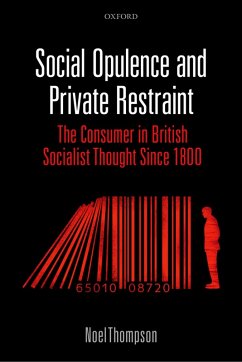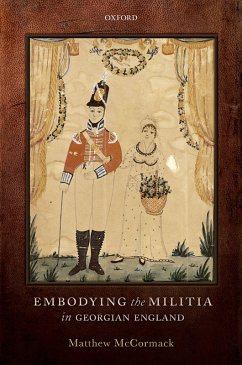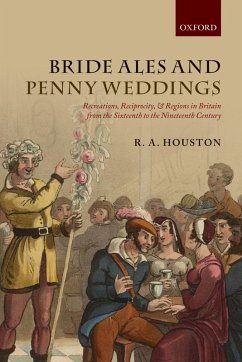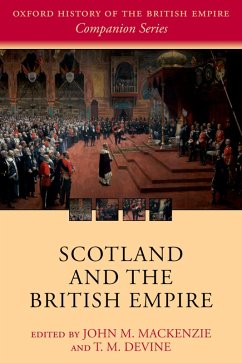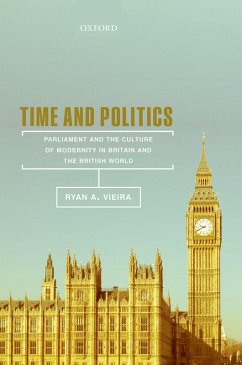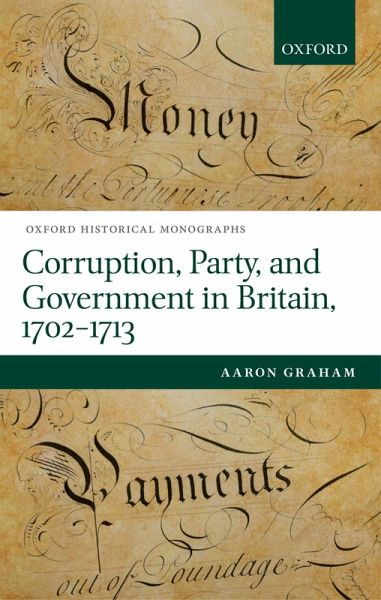
Corruption, Party, and Government in Britain, 1702-1713 (eBook, PDF)

PAYBACK Punkte
25 °P sammeln!
Corruption, Party, and Government in Britain, 1702-1713 offers an innovative and original reinterpretation of state formation in eighteenth-century Britain, reconceptualising it as a political and fundamentally partisan process. Focussing on the supply of funds to the army during the War of the Spanish Succession (1702-13), it demonstrates that public officials faced multiple incompatible demands, but that political partisanship helped to prioritise them, and to hammer out settlements that embodied a version of the national interest. These decisions were then transmitted to agents in overseas...
Corruption, Party, and Government in Britain, 1702-1713 offers an innovative and original reinterpretation of state formation in eighteenth-century Britain, reconceptualising it as a political and fundamentally partisan process. Focussing on the supply of funds to the army during the War of the Spanish Succession (1702-13), it demonstrates that public officials faced multiple incompatible demands, but that political partisanship helped to prioritise them, and to hammer out settlements that embodied a version of the national interest. These decisions were then transmitted to agents in overseas through a mixture of personal incentives and partisan loyalties which built trust and turned these informal networks into instruments of public policy. However, the process of building trust and supplying funds laid officials and agents open to accusations of embezzlement, fraud and financial misappropriation. In particular, although successive financial officials ran entrepreneurial private financial ventures that enabled the army overseas to avoid dangerous financial shortfalls, they found it necessary to cover the costs and risks by receiving illegal 'gratifications' from the regiments. Reconstructing these transactions in detail, this book demonstrates that these corrupt payments advanced the public service, and thus that 'corruption' was as much a dispute over ends as means. Ultimately, this volume demonstrates that state formation in eighteenth-century Britain was a contested process of interest aggregation, in which common partisan aims helped to negotiate compromises between various irreconcilable public priorities and private interests, within the frameworks provided by formal institutions, and then collaboratively imposed through overlapping and intersecting networks of formal and informal agents.
Dieser Download kann aus rechtlichen Gründen nur mit Rechnungsadresse in A, B, BG, CY, CZ, D, DK, EW, E, FIN, F, GR, HR, H, IRL, I, LT, L, LR, M, NL, PL, P, R, S, SLO, SK ausgeliefert werden.





